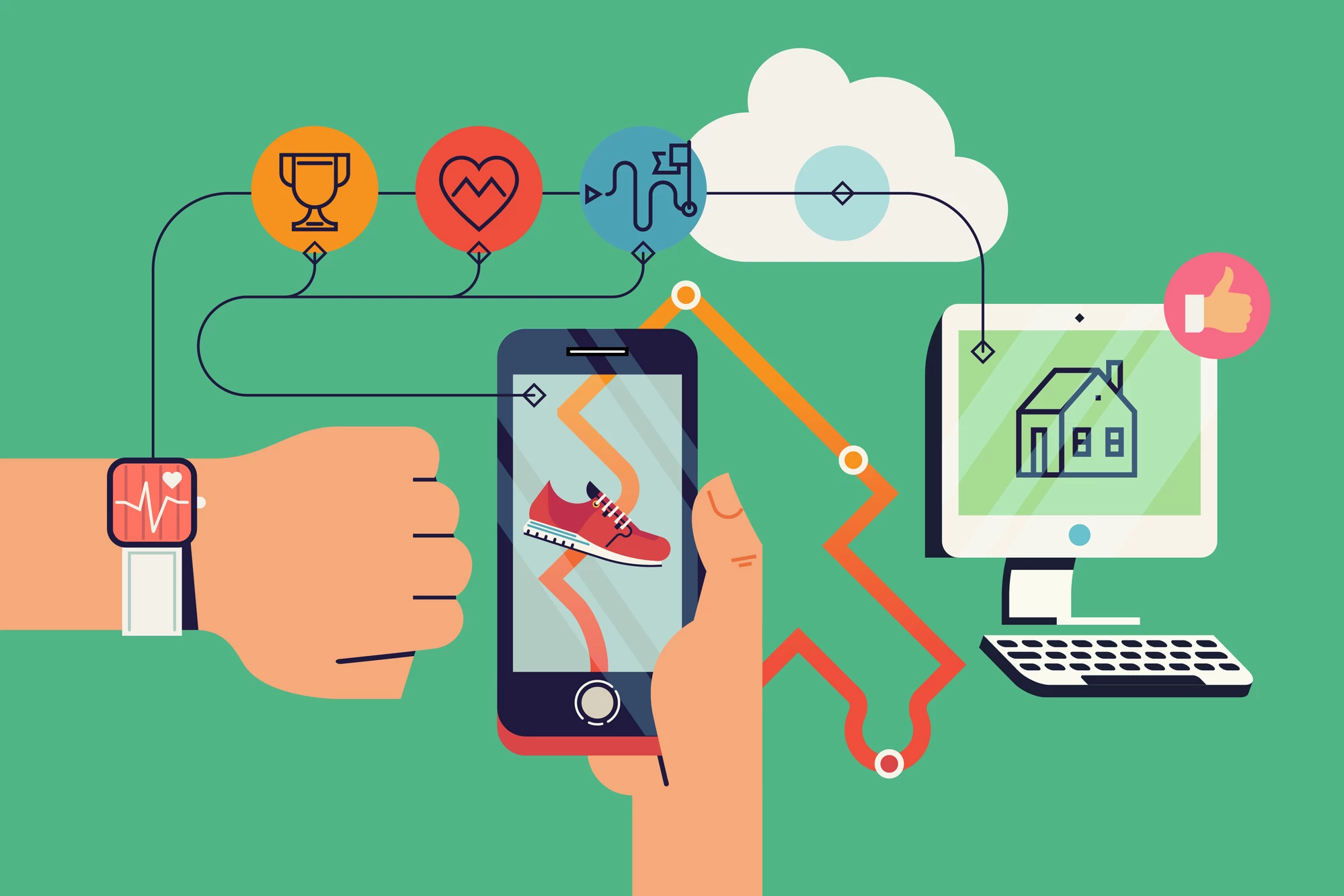A preliminary study, from a large and ongoing research project, is suggesting measurements from fitness tracker wearables and smartwatches, alongside self-reported symptom data, can effectively detect cases of COVID-19. The goal of the project is to develop a real-time tracking system that can help identify and contain viral outbreaks at their earliest point.
“One of the greatest challenges in stopping COVID-19 from spreading is the ability to quickly identify, trace and isolate infected individuals,” explains Giorgio Quer, first author on the new study. “Early identification of those who are pre-symptomatic or even asymptomatic would be especially valuable, as people may potentially be even more infectious during this period. That’s the ultimate goal.”
Researchers from Scripps Research Translational Institute have previously demonstrated how influenza outbreaks can be tracked using wearable fitness devices such as a Fitbit. Early in 2020 the researchers launched a new study called DETECT (Digital Engagement and Tracking for Early Control & Treatment), which called for the general public to sign up to a research app that collects fitness tracker data and logs self-reported symptoms. By June over 30,000 subjects had signed on to the project.
A newly published study in the journal Nature Medicine is reporting the first results from DETECT, revealing fitness wearable data, along with self-reporting of symptoms, can detect cases of COVID-19 with around 80-percent accuracy. This predictive rate is significantly higher than models based on self-reported symptoms alone.
“This is really an exciting result,” says Eric Topol, Director of Scripps Research. “It shows that passive, continuous monitoring, with devices like Fitbit and the Apple Watch might turn out to be an important public health surveillance tool for COVID-19. Especially in a time when we don’t have enough tests or at enough frequency with enough turnaround of results, this might be a way to identify and isolate the individuals who are infected.”
Heart rate, sleep, and activity data were the key wearable measurements that proved most helpful in detecting COVID-19 cases. While everyone’s individual baseline measurements were slightly different, by evaluating deviations from normal measurements over time the researchers were able to effectively detect cases of COVID-19.
The predictive model being developed through the DETECT study still needs more work before it can be deployed in the real-world so Jennifer Radin, a Scripps epidemiologist leading the study, is calling for citizen scientists to download the free app and anonymously offer their wearable data to help accelerate the research project.
“We’re just getting started with DETECT,” says Radin. “We have so much more research to do and that’s going to require many more participants. I’d love for us to have 100,000 or more people. That would give us the data we need to take this to the next level.”
If you are interested in helping out with the project, more information can be found at Detect Heath Study.
The new study was published in the journal Nature Medicine.
Source: Scripps Research




